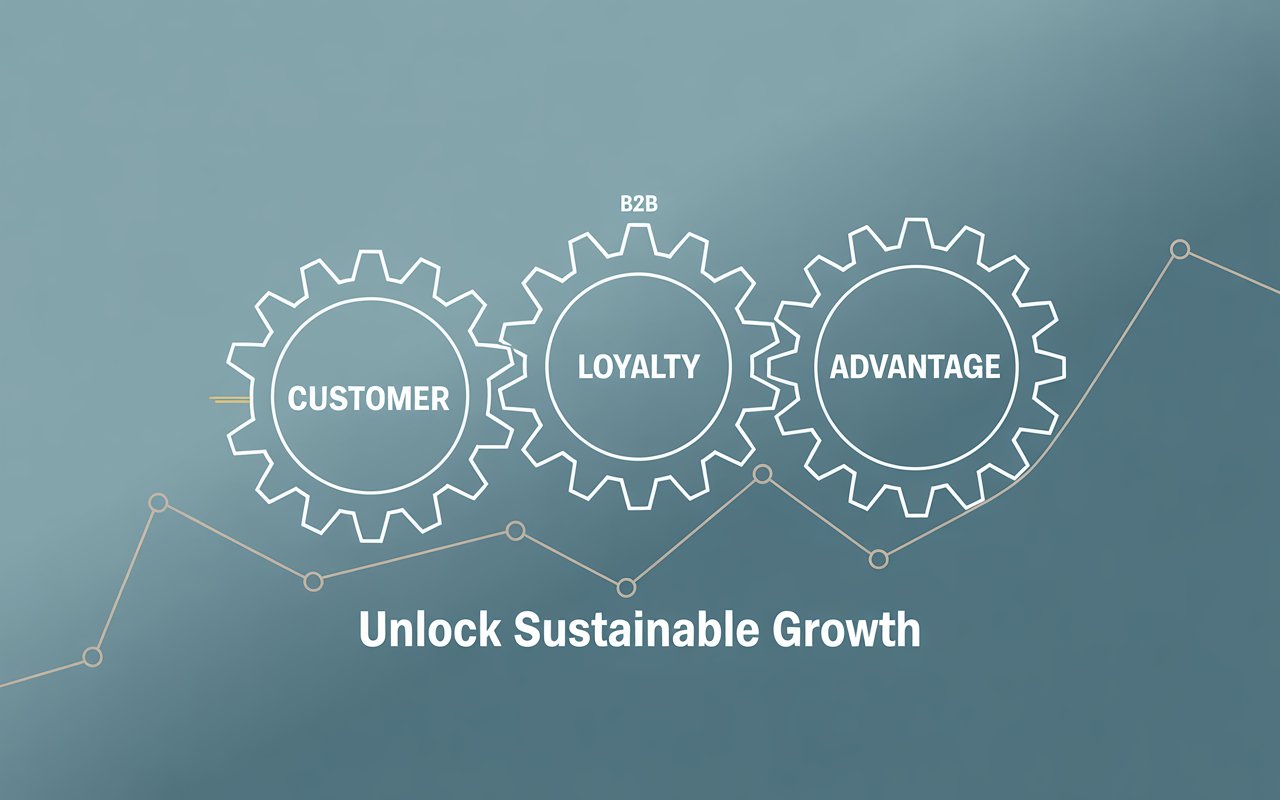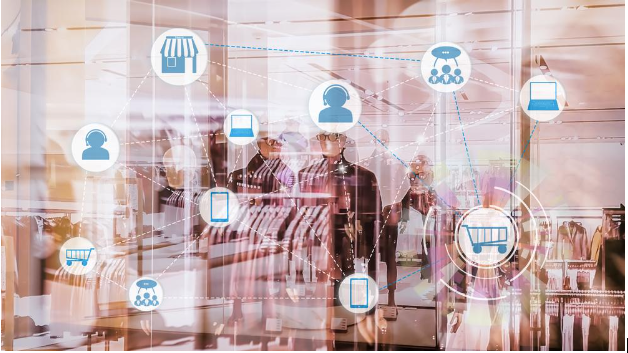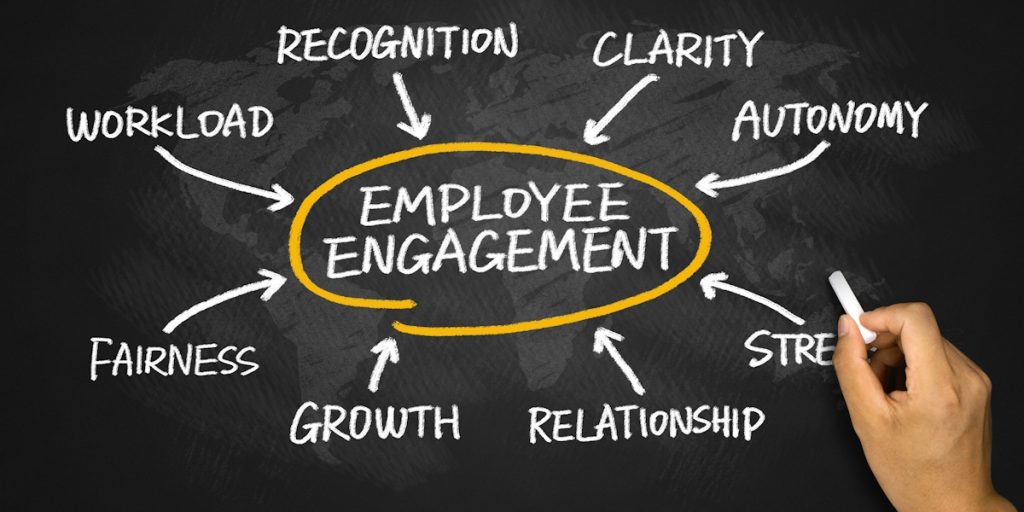Customer loyalty has always mattered, but for B2B companies, it’s now becoming a game‑changer. Many organizations are realizing that B2B competitive advantage through loyalty isn’t just about repeat sales — it’s about creating stronger relationships that protect revenue, reduce marketing costs, and build long‑term trust.
When you keep your existing customers engaged and satisfied, you avoid the high expenses of constantly chasing new ones. This not only improves profit margins but also strengthens your market position. Studies show that loyal B2B clients tend to buy more, recommend your services to others, and stick with you even when competitors try to lure them away. The challenge for many businesses is figuring out how to build this kind of loyalty and use it as a real differentiator.
Why Loyalty Has Become a Strategic Advantage
Customer acquisition has never been more expensive. Many companies are already looking for ways to lower customer acquisition costs, and loyalty is one of the most effective solutions.
A loyal client base reduces the need for aggressive sales campaigns and keeps revenue predictable. This is especially valuable in B2B markets where contracts are longer and decision-making cycles are complex. The trust built over time means less pressure to negotiate on price, allowing companies to focus on value rather than constant discounting.
How Loyalty Fuels Growth
Loyalty doesn’t just stabilize your business — it fuels expansion. According to research, increasing customer retention by just 5% can boost profits by 25% to 95%. That’s why many companies now see B2B customer retention as a growth strategy rather than just a maintenance task.
When your current clients feel valued, they are more likely to expand their contracts, buy additional products, or introduce your services to other decision-makers within their network. This type of growth is far more sustainable than relying solely on acquiring new customers. You can read more about the growth connection in our article on B2B customer retention for growth.
Enabling Loyalty in B2B Relationships
Build Trust Through Consistent Value
Trust is the foundation of loyalty. Your clients must believe that you will deliver consistent results, meet deadlines, and provide support when needed. This means maintaining clear communication, setting realistic expectations, and honoring your commitments.
Offer Tailored Loyalty Programs
While loyalty programs are common in B2C markets, they are just as effective in B2B when designed well. These can include volume discounts, exclusive access to services, priority support, or points-based systems for purchases. The key is to align rewards with client needs so they feel genuinely valued.
Focus on Customer Success
Loyalty often comes from helping clients succeed in their own goals. This is where customer success strategies play an important role. By offering training, sharing industry insights, or introducing solutions that make their work easier, you position your business as a trusted partner rather than just a vendor.
Secondary Benefits of Loyalty as a Competitive Edge
Reduced Marketing Costs
When clients stay with you longer, marketing and onboarding expenses decrease significantly. Loyal customers also generate free word-of-mouth advertising by recommending your business to others.
Better Market Position
Companies with high loyalty rates often have stronger reputations, which helps in winning new contracts. This competitive advantage in B2B markets is hard for rivals to replicate quickly.
Higher Lifetime Value
Loyal customers tend to buy more frequently and purchase higher-value services. This increases the B2B client lifetime value, making each customer relationship more profitable over time.
Practical Steps to Strengthen B2B Loyalty
- Personalize communication – Address clients by name, remember their preferences, and send relevant updates.
- Gather regular feedback – Use surveys or direct conversations to understand what’s working and what needs improvement.
- Reward long-term partnerships – Offer meaningful incentives for multi-year contracts or repeat purchases.
- Provide training and resources – Help clients get more value from your products or services.
- Be proactive – Address issues before they escalate to protect trust.
The Long-Term Payoff
Making loyalty a central part of your strategy takes effort, but the payoff is significant. With B2B competitive advantage through loyalty, you create a business environment where customers prefer to stay, buy more, and recommend you to others. Over time, this reduces churn, stabilizes revenue, and builds a reputation that makes you stand out.
Whether it’s through personalized engagement, targeted rewards, or exceptional customer service, the companies that focus on loyalty will lead their markets. In a world where competition is fierce and customer acquisition costs keep rising, loyalty might be the smartest growth engine your business can invest in.
Is Your B2b Loyalty Strategy Giving You A Real Competitive Edge?




